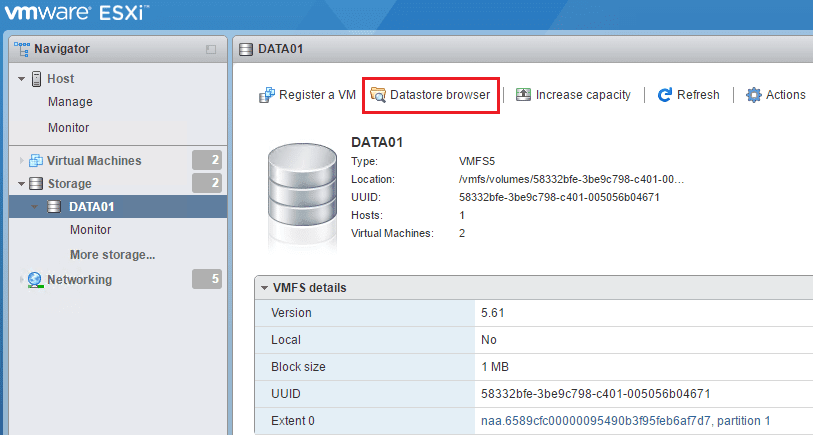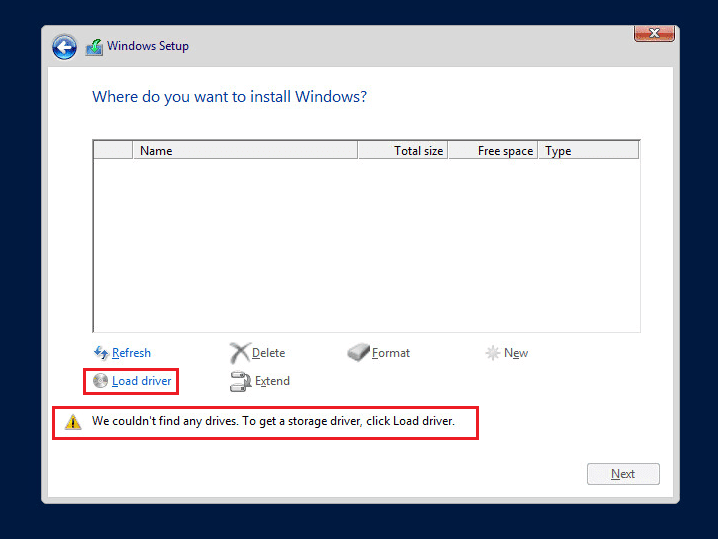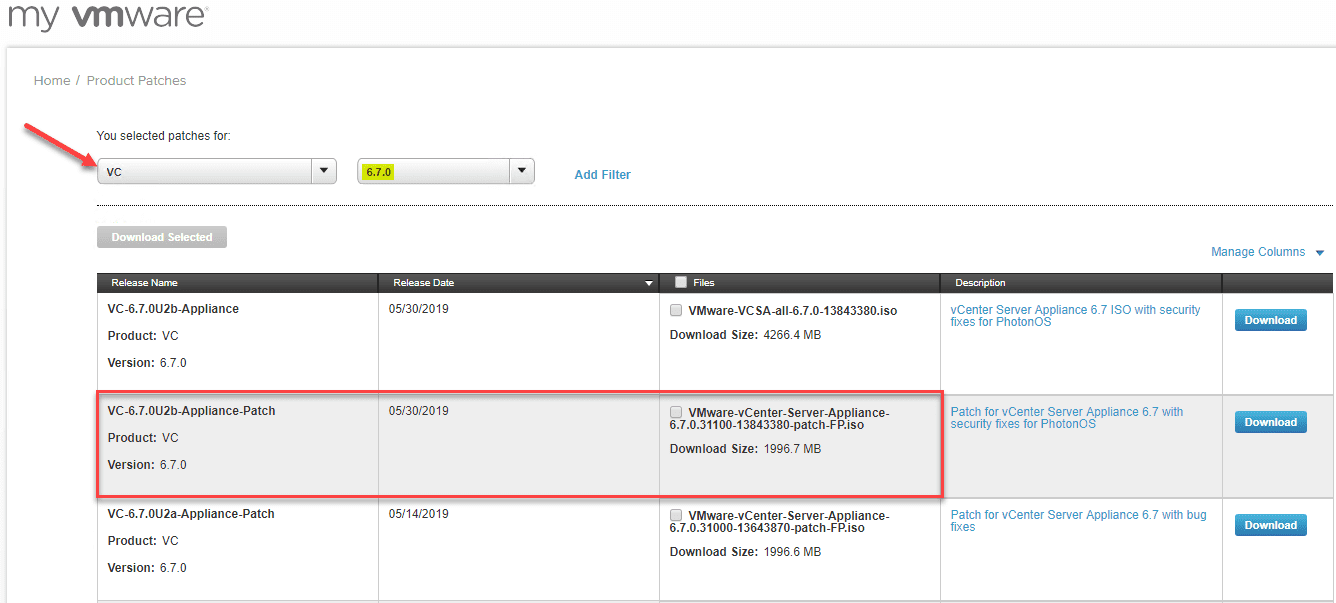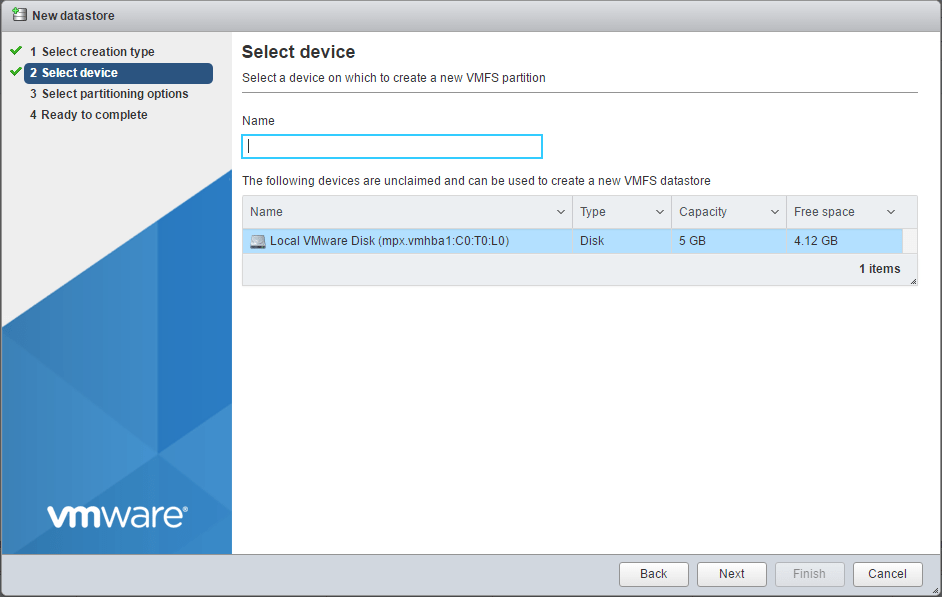What Broadcom’s acquisition of VMware means for the Enterprise and vSphere
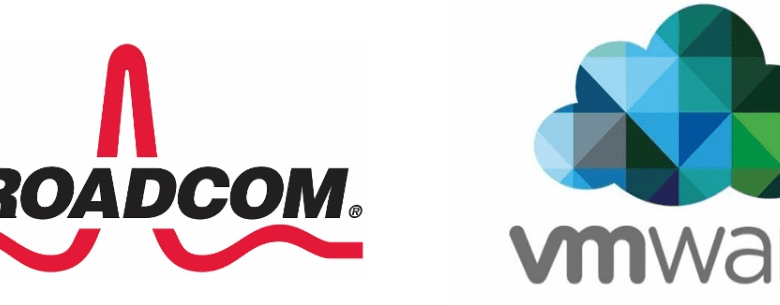
Well, I have yet to weigh in among the hundreds if not thousands of comments and full commentaries there are out there on what Broadcom’s acquisition of VMware means for the enterprise and for VMware vSphere in general. I don’t propose to be the “all-seeing eye” of enterprise technology and VMware’s future with the acquisition. However, like many enterprise professionals, I have a lot of history with VMware’s products, services, and solutions.

My history with virtualization and previous uncertainty
I first noticed VMware back in 2005 or so when ESX (not ESXi) was around, and we had the terrible VMware license service that ran on a Windows Server. Many of you know the days I am talking about. Virtualization was the hot new thing that blew everyone’s minds with what it could do. I remember when I first saw vMotion for the first time, it was a transitional moment for me in what I wanted my focus to be.
There have been a lot of negative takes on what the Broadcom acquisition of VMware will mean for the company in general. There have been a lot of apocalyptic takes that have VMware basically being parted out and going into non-existence with the acquisition by Broadcom.
However, I have been around long enough now and familiar enough with VMware as a company and their products and services to know better. I have believed in VMware as a company and a solution since the early 2000’s as mentioned. I have talked to a lot of naysayers when it comes to VMware over the years.
I remember not long after VMware had started gaining momentum, talking to a contractor who told me that VMware would be toast once Microsoft released their hypervisor for the enterprise since it would be built into Windows. You know what, VMware has done quite well with Hyper-V around. I am not here to trash Hyper-V as I think it and many other hypervisors are also very good solutions. However, I have not found anything that has come close to the management capabilities, features, and ecosystem provided by VMware.
If I have a client that is serious about running a virtualized environment with the most features, capabilities, and the “just works” magic dust, that will be VMware for me day in and day out. Coming back around to the future of VMware, there have been other moments in the company’s history that were uncertain as well and, again, many naysayers had their say about where things are headed. Those moments didn’t happen either.
Why I don’t think the Broadcom acquisition of VMware will be a negative thing
I think it is obvious from what you have read so far that you can tell I like VMware a lot. Arguably, I think they have the best private cloud solution out there running in enterprise data centers today. I think they also allow customers to have the mobility and ownership of their workloads to run them across any cloud they want to run them.
Aside from the reason that I believe VMware rocks in what it can do and the solution’s capabilities, I think Broadcom is smart enough to know the potential of what VMware can do. After all, most would not pay $61,000,000,000 only to throw that money away by doing something crazy. So, I would like to think Broadcom will try to maintain the stronghold that VMware has in the enterprise while working on creating a powerful connection between its hardware portfolio and the software-driven capabilities enabled by VMware.
Kubernetes
Kubernetes is the single most important technology to drive modern applications since the container itself. It is everywhere and most organizations will be using containerized technologies. VMware has a streamlined solution that allows running Kubernetes-orchestrated workloads on anything that runs vSphere, including SmartNICs?, which we will discuss below. Imagine running Kubernetes on billions of edge devices made possible by lock-step integration of vSphere and Broadcom hardware.
Project Monterey
I am going out on a limb here to say that there could be a lot of potential with current VMware projects such as Project Monterey with the Broadcom acquisition. As we know VMware has been aiming at running vSphere on specialized hardware devices such as SmartNics. Broadcom has a lot of clout and deep experience with hardware processors and networking technologies. it will be exciting to see how Project Monterey can be bolstered with the union of Broadcom and VMware.
Edge environments
While most talk about and emphasize the cloud and cloud technologies, there is a large market developing at the edge. Workloads are becoming more distributed than ever with edge environments and edge devices seeing explosive growth across the board. As I have already mentioned above, Kubernetes, SmartNICs, and other devices will most likely be powerful forces in the future for edge computing.
Hybrid is here to stay
No matter what everyone says about the cloud, many to, arguably, most organizations have workloads they simply can’t or don’t want to run in cloud environments. Hybrid cloud environments that include running workloads on-premises are undoubtedly here to stay for the foreseeable future.
VMware owns this turf. Private cloud is an area that VMware is synonymous with in the enterprise. They are as close to the hardware layer as you can get in most enterprise data centers. Now with the close “marrying” of technologies that will be available from Broadcom, VMware has an opportunity to expand into new areas with the symbiotic relationship with Broadcom hardware.
With the strong hybrid cloud technologies VMware offers organizations to move between clouds and even back to on-premises, I personally see the strength of VMware improving in this regard.
Rapid transition to subscription revenue
I have seen many articles in the last day or two talking about the acquisition meaning a rapid transition to subscription revenue based on comments from Broadcom. Rather than being something that is earth-shattering. I think this is inevitable. If you are like me, I have been waiting for this shift to happen.
This is not really something new and is to be expected with any software company today. For the most part, all software companies are making the shift to subscription models as this is the “cloud-aligned” model for revenue. Many organizations prefer the OpEx vs CapEx expense model. Also, it is more profitable for software vendors since it means a steady stream of revenue for the business.
Not gloom and doom but looking at the positive
I do believe in VMware and the technologies, services, and solutions it has provided to the enterprise for decades now and it still gets me excited with what it can do. I have to say, it is one of the companies on a very short list that brings me that kind of excitement. I know there is a lot of gloom and doom over the acquisition announcement, and, understandably. I have been part of acquisitions that did not go well for me personally or anyone that worked for the company.
However, we all understand that change is inevitable and is needed from time to time to continue to keep pace with the overall changes in the technology scene. Ultimately we will have to wait and see what happens as the acquisition begins to take shape during the period of integration between the two companies. I am hedging my bets on what I have seen in the past. VMware has continued to defy people’s thoughts and odds against them to achieve great things and continue to innovate and reinvent themselves. I think and feel this is one of those times where we will see it come out on the other side even stronger.

